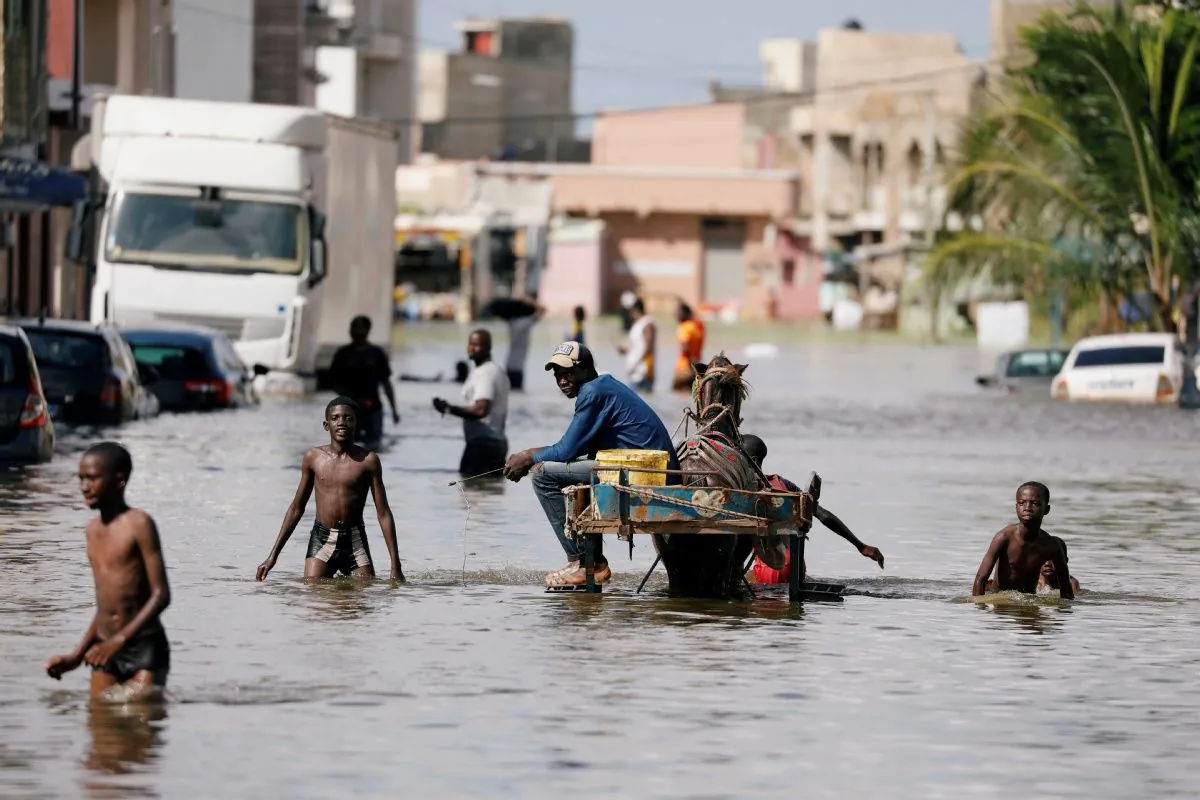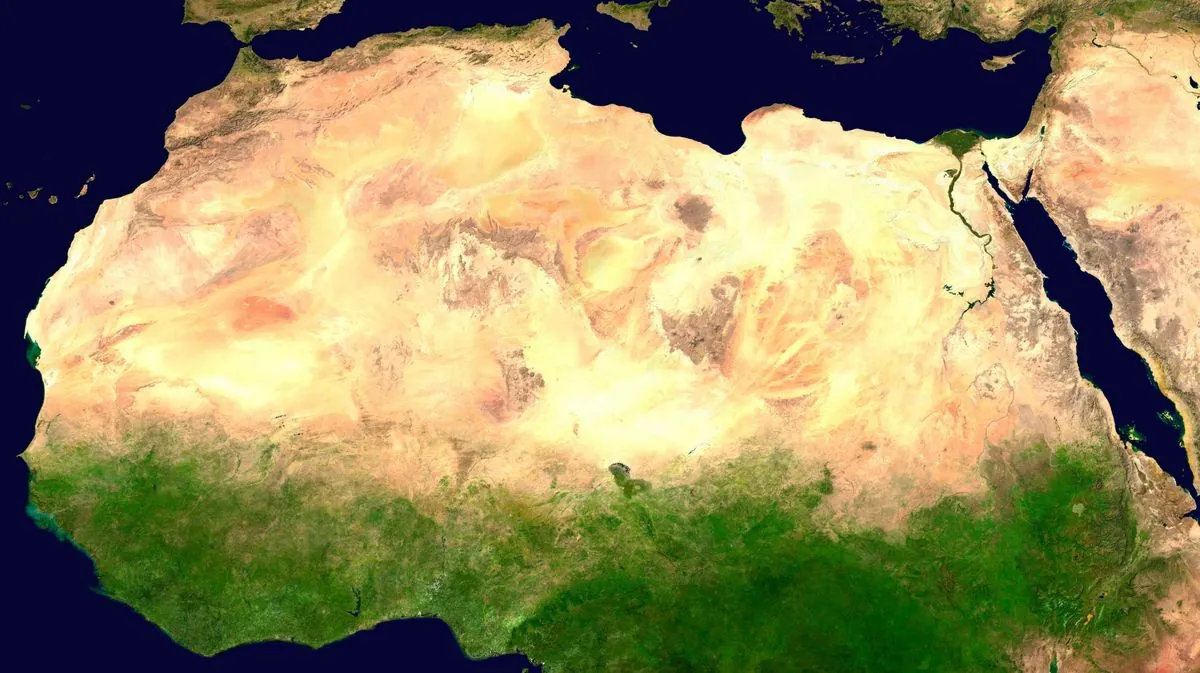Mali Declares National Disaster as Floods Claim 30 Lives, Affect Thousands
Mali announces state of national disaster due to severe flooding, with 30 fatalities and over 47,000 affected. The West African region faces above-average rainfall, impacting over 716,000 people.

In a significant development, the Malian government has officially declared a state of national disaster in response to devastating floods that have swept through the country. The announcement came on August 23, 2024, as the nation grapples with the severe impact of this year's rainy season.
According to official reports, the floods have resulted in 30 fatalities and affected more than 47,000 individuals since the onset of the seasonal rains. This tragic situation underscores the vulnerability of the region to climate-related disasters.
Mali, the eighth-largest country in Africa, is no stranger to environmental challenges. The nation's geography, dominated by the Niger River - Africa's third-longest waterway - plays a crucial role in its susceptibility to flooding. The country's subtropical to arid climate, with its hottest period typically lasting from February to June, sets the stage for the annual rainy season that follows.
The flooding in Mali is part of a broader regional pattern affecting West and Central Africa. The rainy season, which typically spans from June to September, brings annual floods of varying intensity to the Sahel belt - a semi-arid strip of land stretching across North Africa, along the southern edges of the Sahara desert.

The United Nations Office for the Coordination of Humanitarian Affairs (OCHA) reported in mid-August 2024 that over 716,000 people across the region have been impacted by flooding this season. Experts predict above-average cumulative rainfall for the remainder of the season, raising concerns about potential further devastation.
Climate change is exacerbating the situation, causing more frequent and severe flooding in the Sahel region. This trend poses significant challenges for countries like Mali, where agriculture accounts for about 40% of the GDP. The floods not only threaten lives but also jeopardize food security and economic stability.
Mali's declaration of a national disaster highlights the urgent need for international support and long-term strategies to address climate-related crises. As a member of the Economic Community of West African States (ECOWAS), Mali may seek regional cooperation in disaster management and climate adaptation efforts.
The current crisis adds to the existing challenges faced by Mali, including political instability, low literacy rates, and ongoing issues with desertification and water scarcity. However, the country's rich cultural heritage, exemplified by ancient cities like Timbuktu and UNESCO World Heritage sites such as the Bandiagara Escarpment, serves as a reminder of its resilience in the face of adversity.
As Mali and its neighbors continue to battle the floods, the international community's attention is drawn to the pressing need for climate change mitigation and adaptation strategies in vulnerable regions like the Sahel.


































